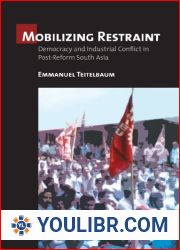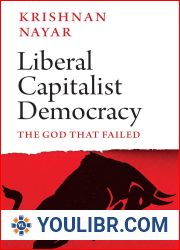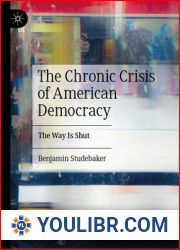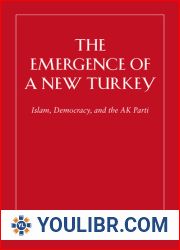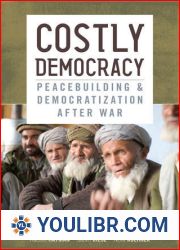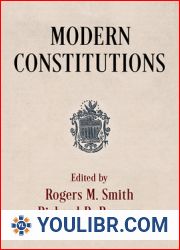
BOOKS - Mobilizing Restraint: Democracy and Industrial Conflict in Post-Reform South ...

Mobilizing Restraint: Democracy and Industrial Conflict in Post-Reform South Asia
Author: Emmanuel Teitelbaum
Year: July 28, 2011
Format: PDF
File size: PDF 1.1 MB
Language: English
Year: July 28, 2011
Format: PDF
File size: PDF 1.1 MB
Language: English
In Mobilizing Restraint, Emmanuel Teitelbaum argues that, contrary to conventional wisdom, democracies are better at managing industrial conflict than authoritarian regimes. This is because democracies have two unique tools at their disposal for managing worker mutually beneficial union-party ties and worker rights. By contrast, authoritarian governments have tended to repress unions and to sever mutually beneficial ties to organized labor. Many of the countries that fall between these two extremes - from those that have only the trappings of democracy to those that have imperfectly implemented democratic reforms - exert control over labor in the absence of overt repression but without the robust organizational and institutional capacity enjoyed by full-fledged democracies. Based on the recent history of industrial conflict and industrial peace in South Asia, Teitelbaum argues that the political exclusion and repression of organized labor commonly witnessed in authoritarian and hybrid regimes has extremely deleterious effects on labor relations and ultimately economic growth. To test his arguments, Teitelbaum draws on an array of data, including his original qualitative interviews and survey evidence from Sri Lanka and three Indian states - Kerala, Maharashtra, and West Bengal. He also analyzes panel data from fifteen Indian states to evaluate the relationship between political competition and worker protest and to study the effects of protective labor legislation on economic performance. In Teitelbaum's view, countries must undergo further political liberalization before they are able to replicate the success of the sophisticated types of growth-enhancing management of industrial protest seen throughout many parts of South Asia.







